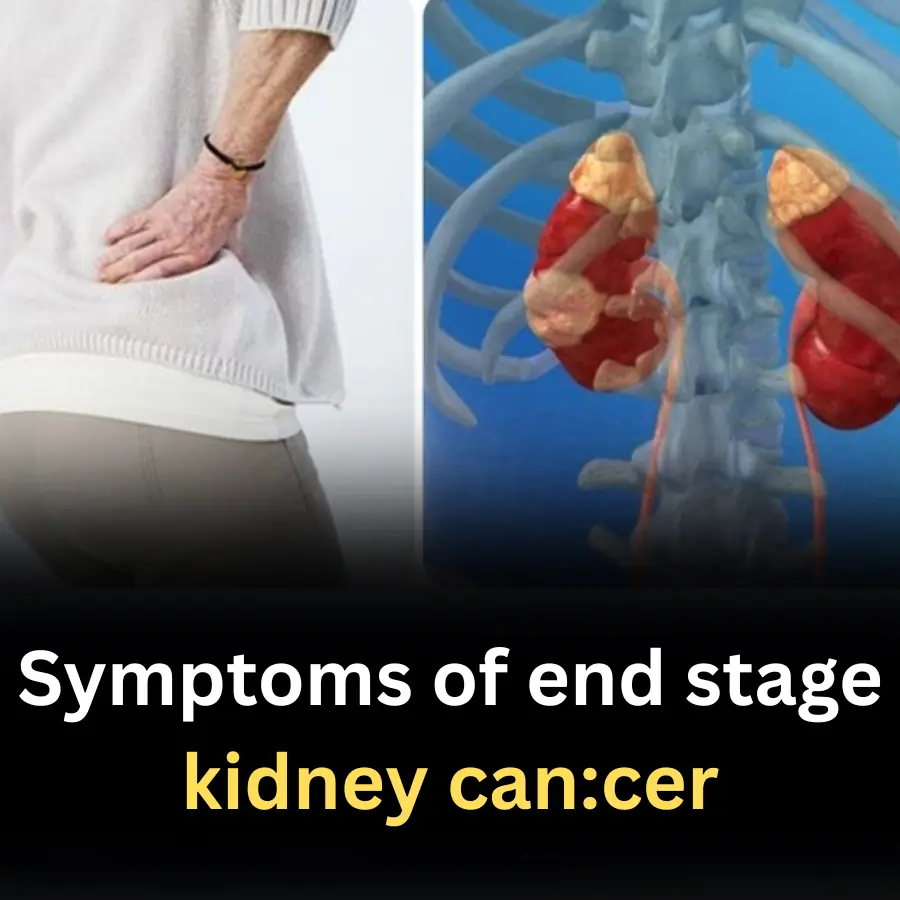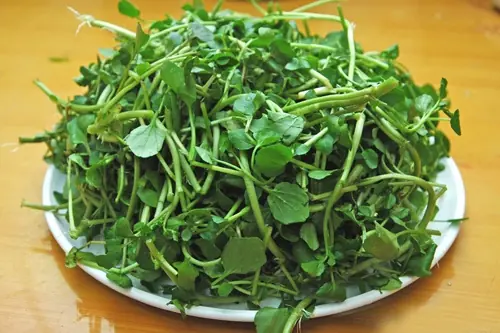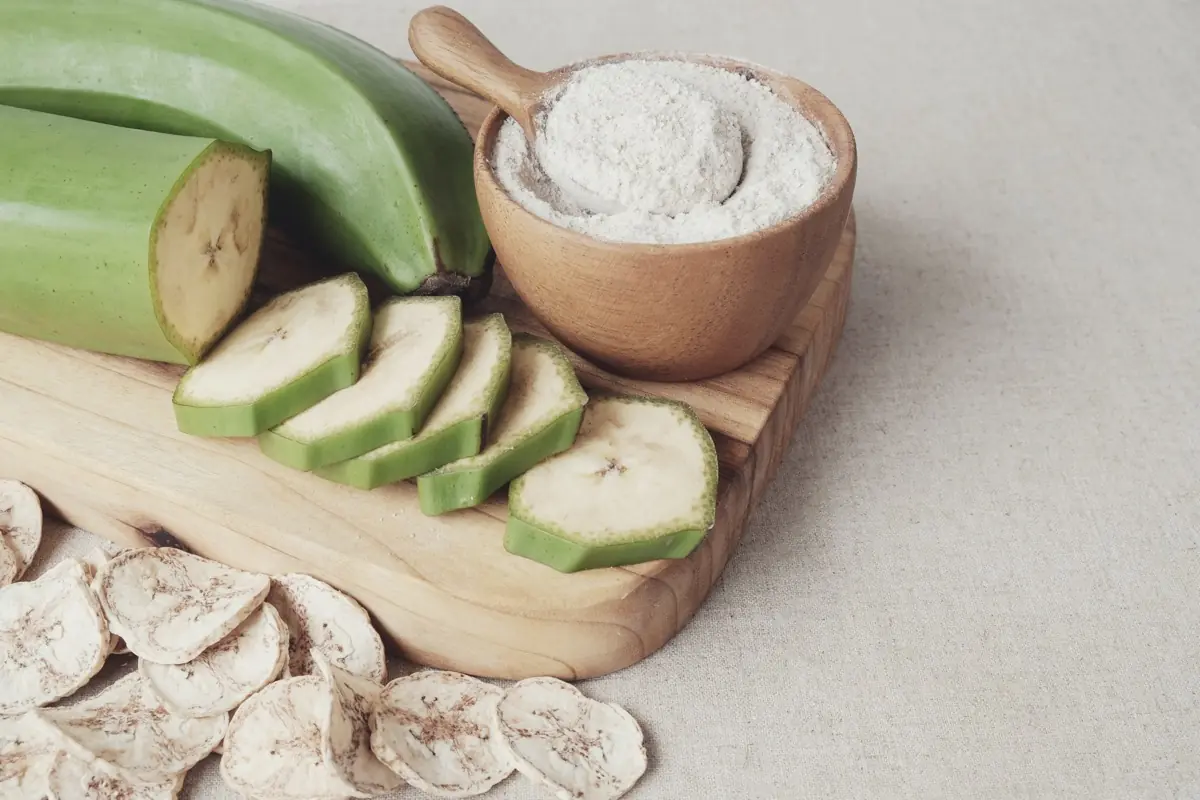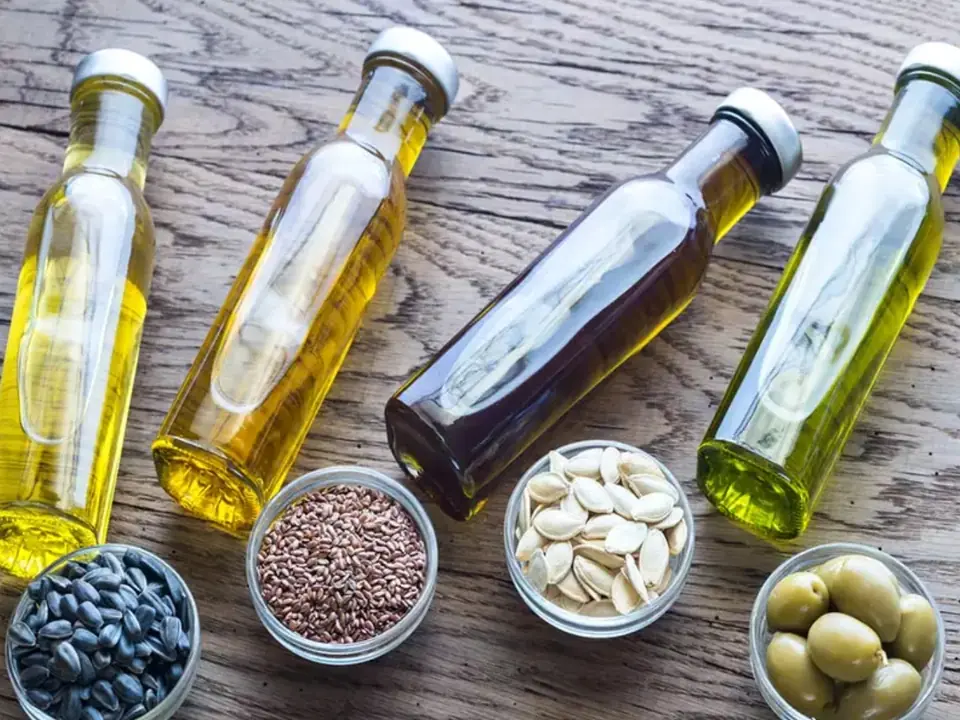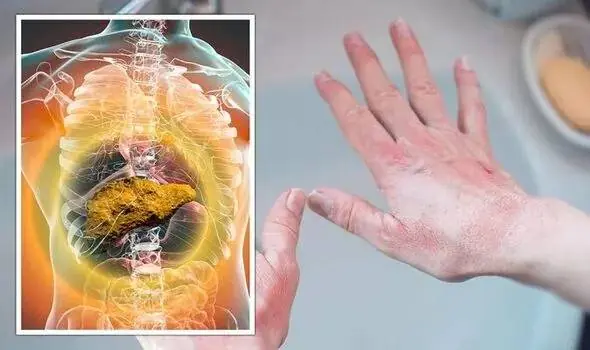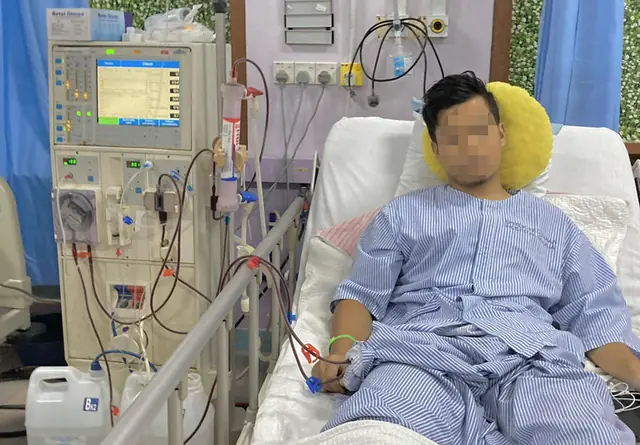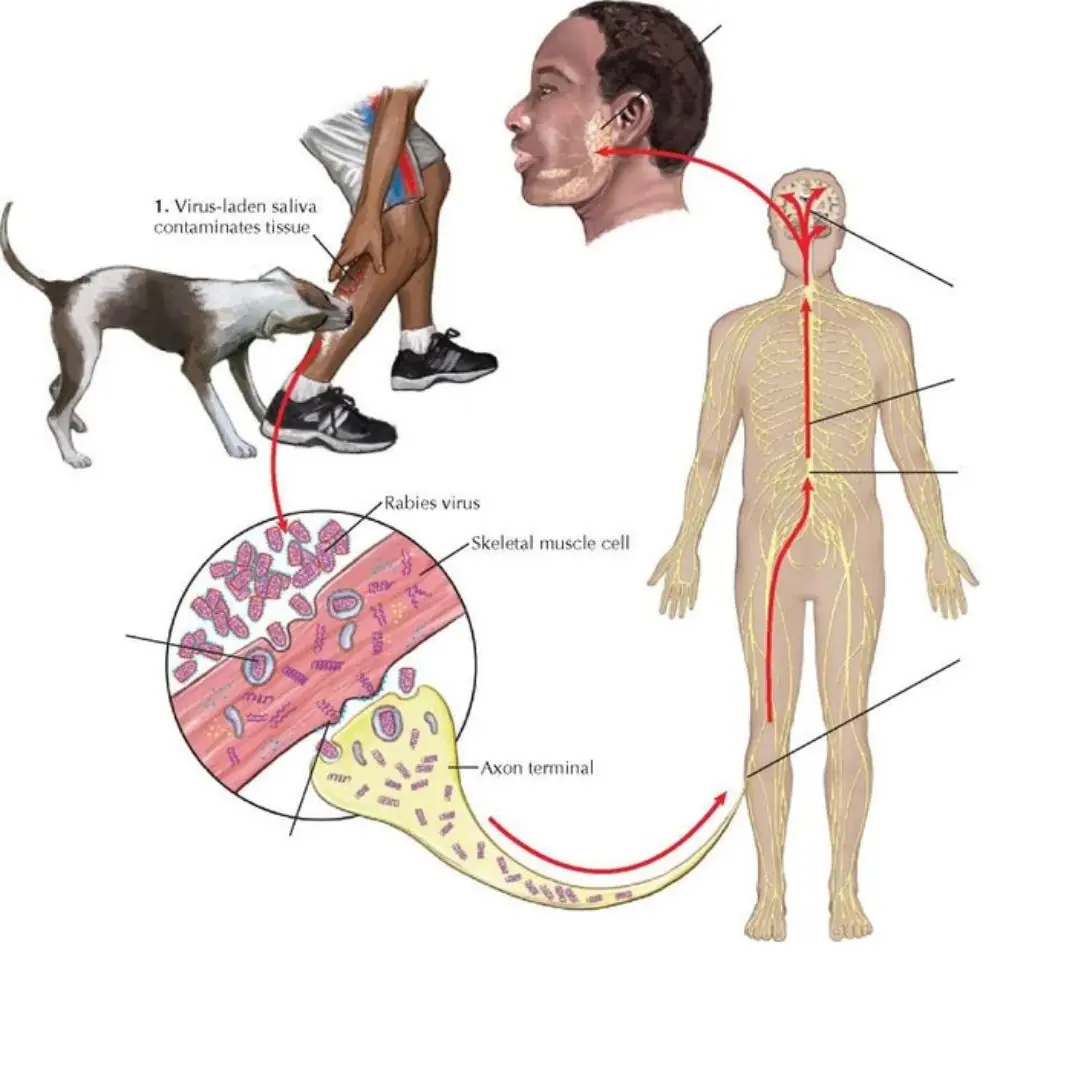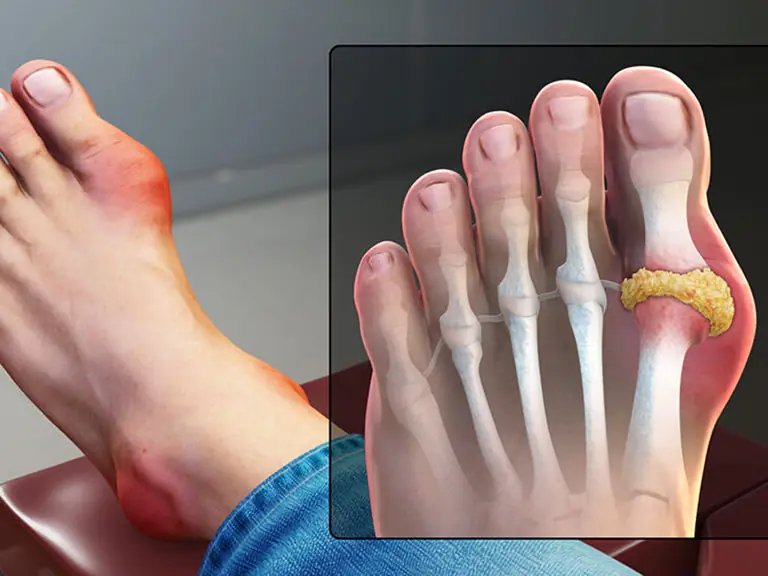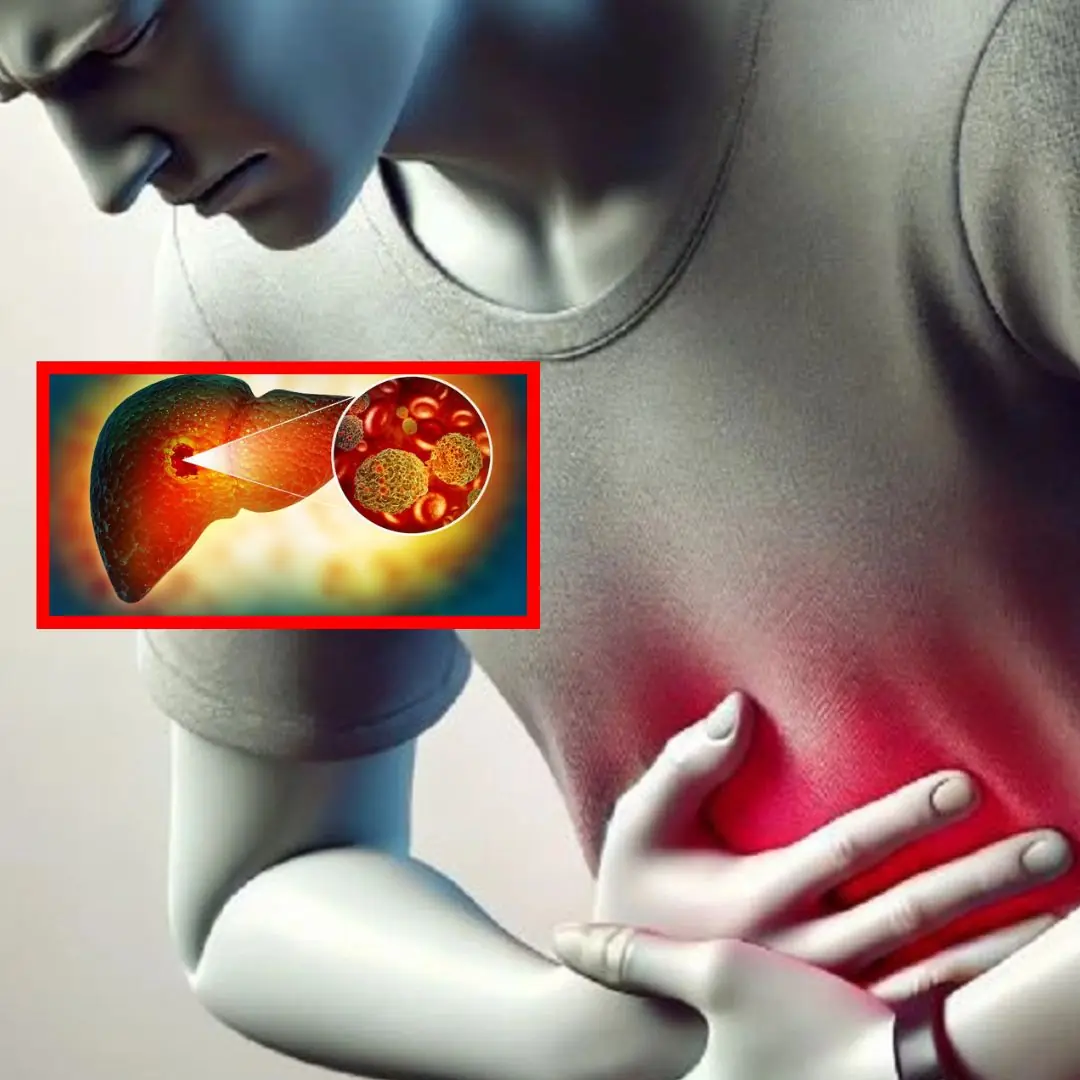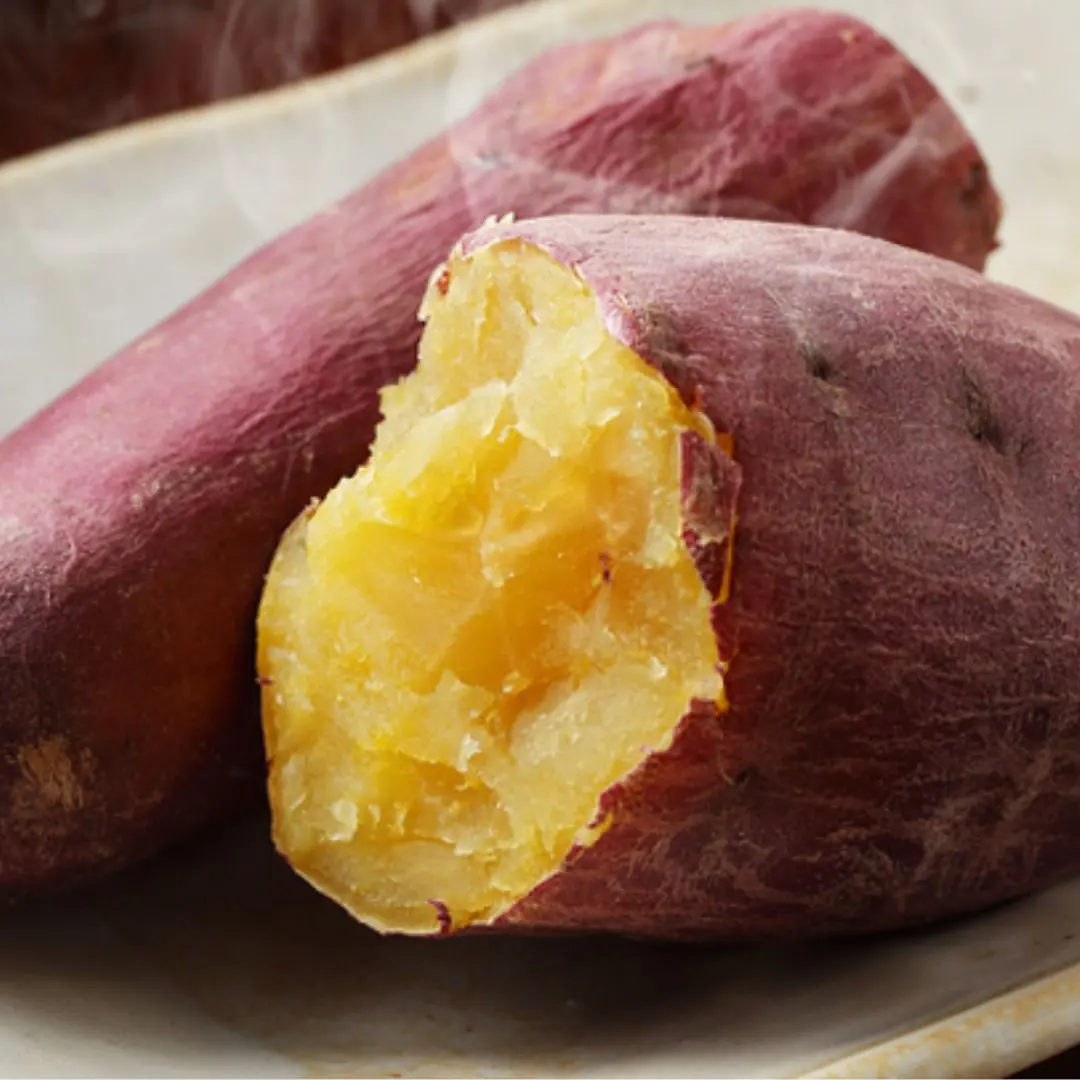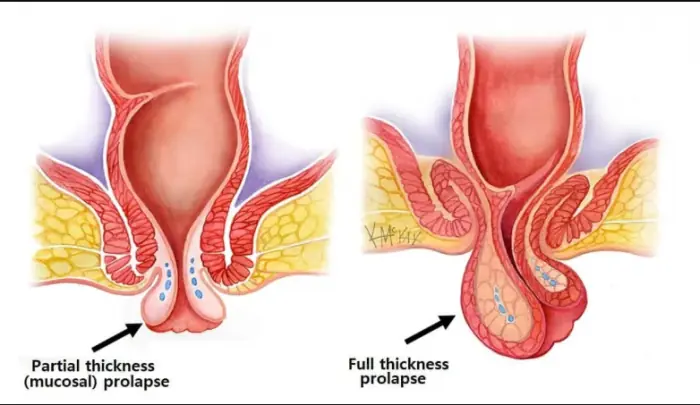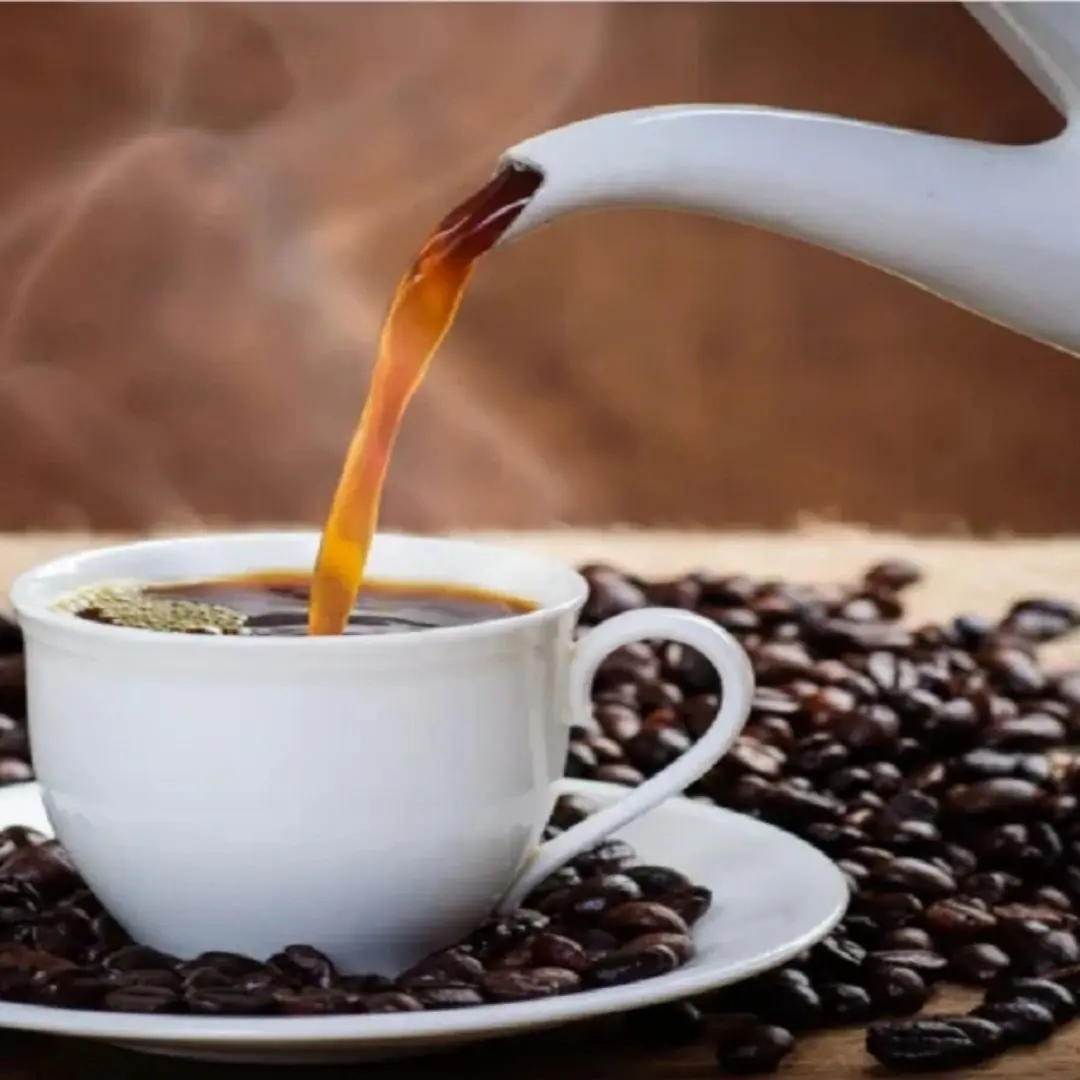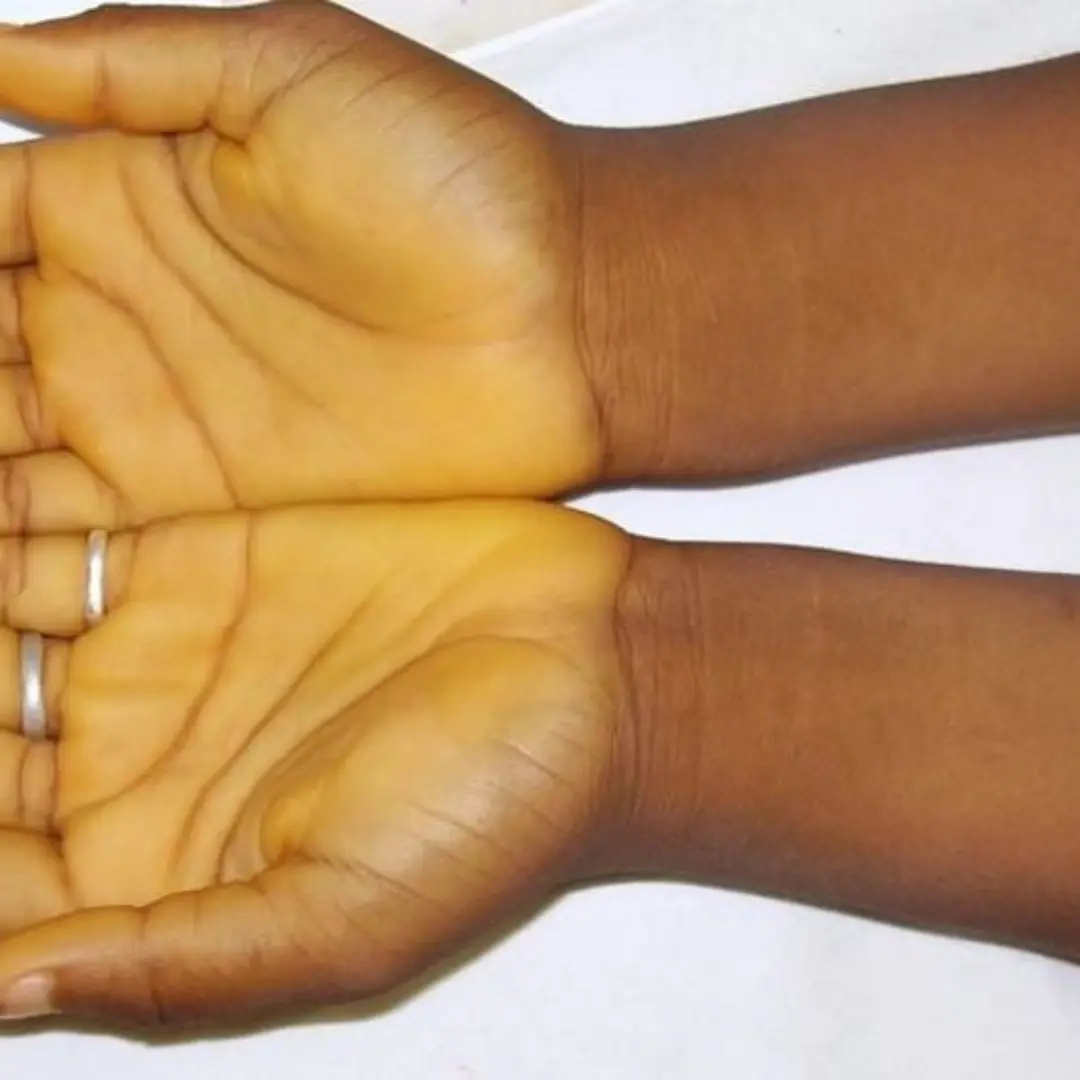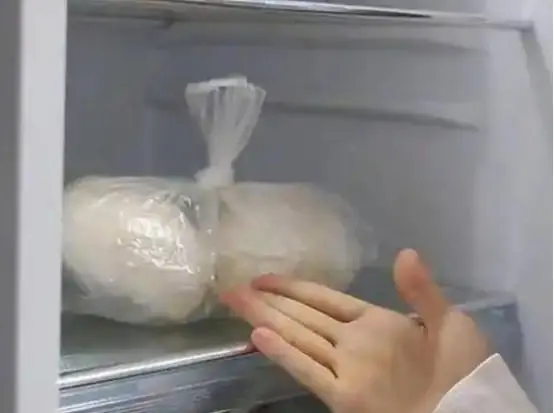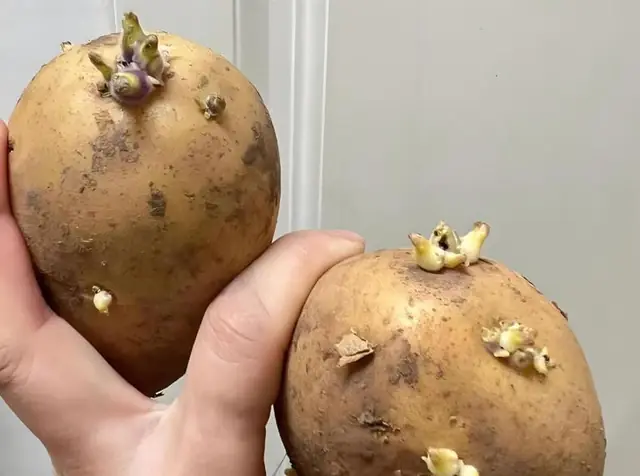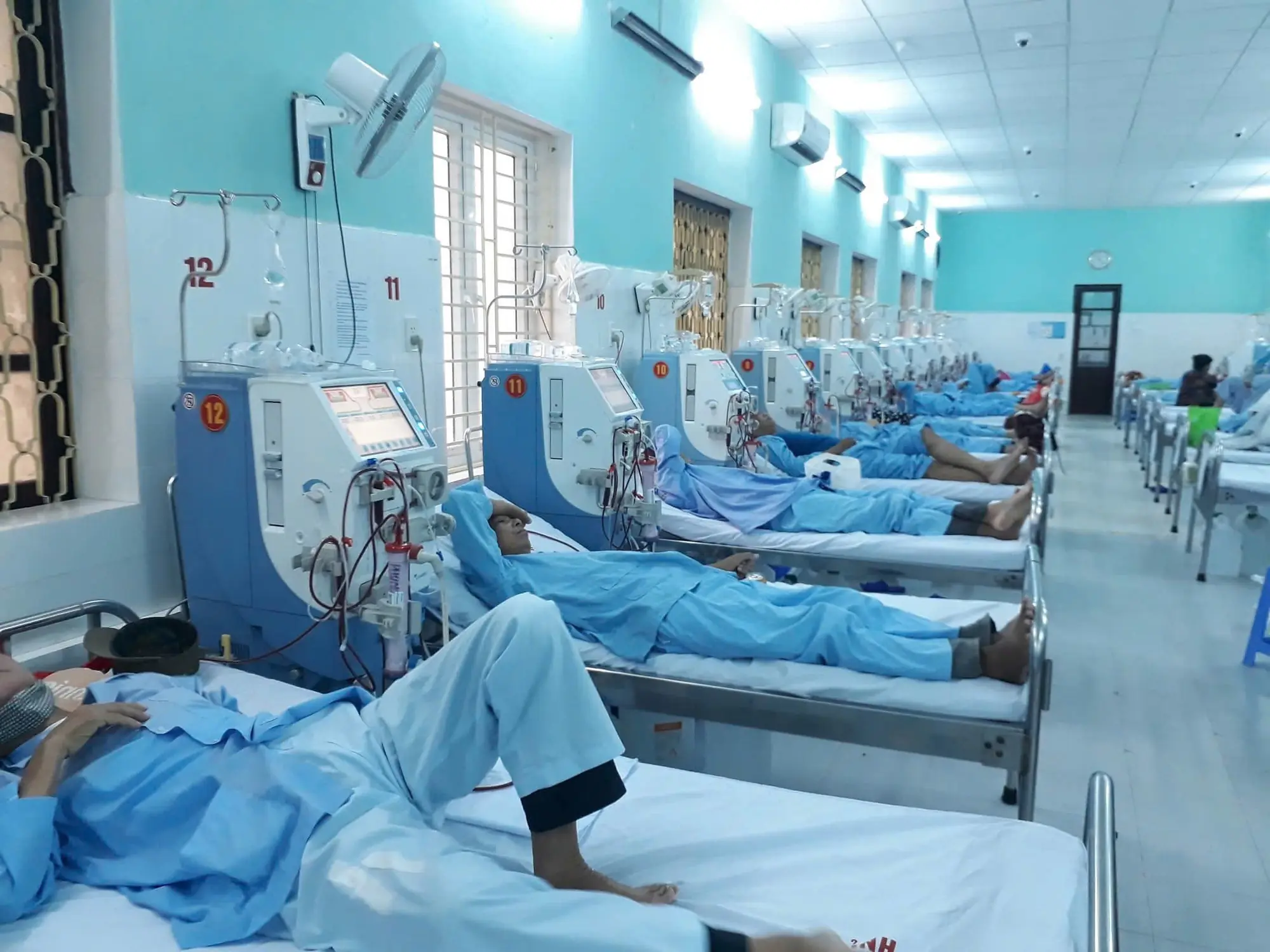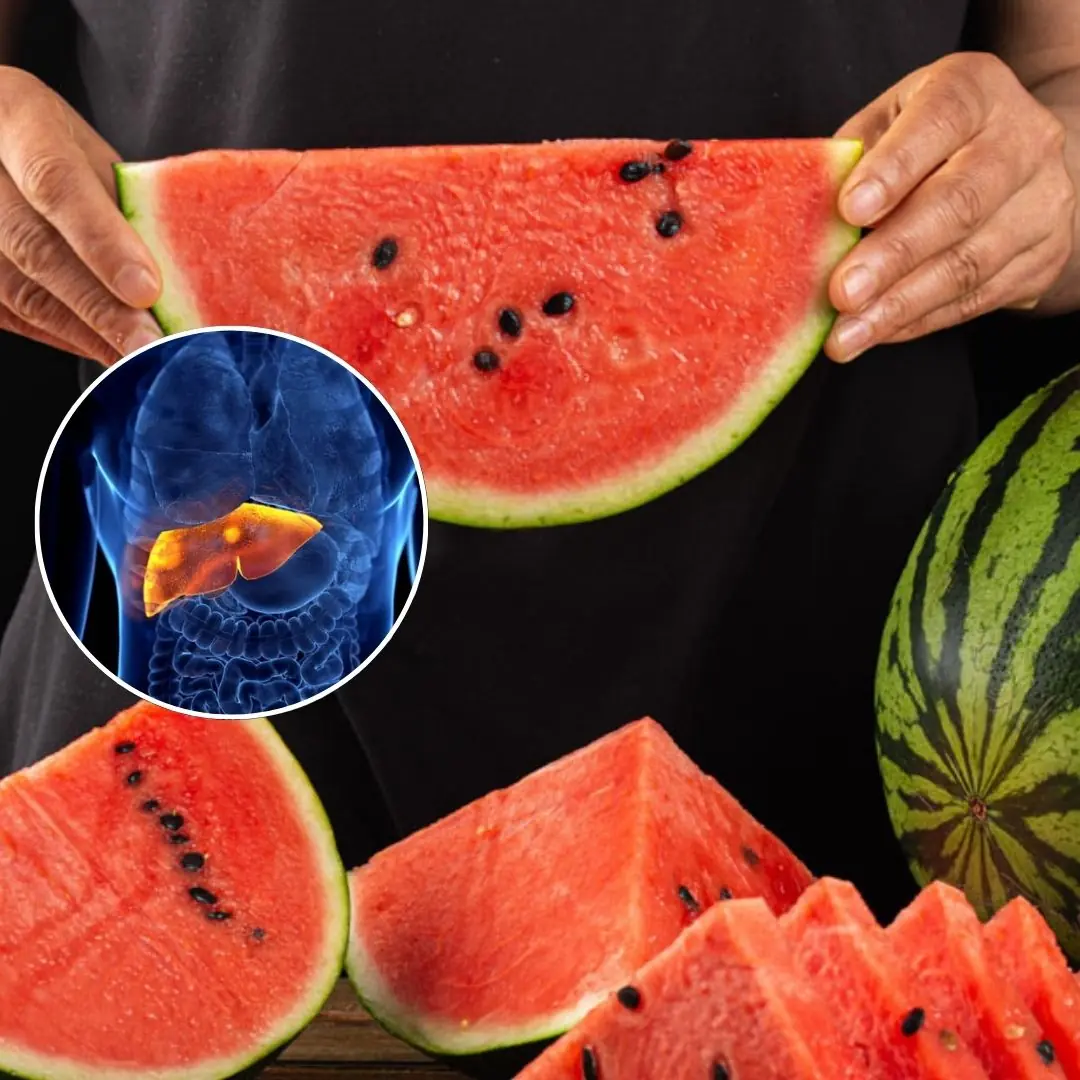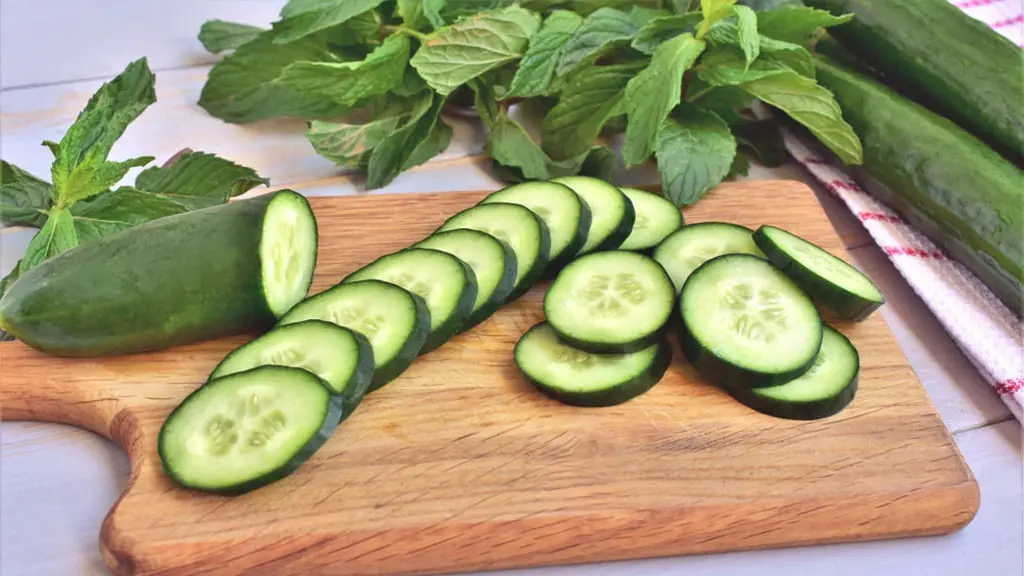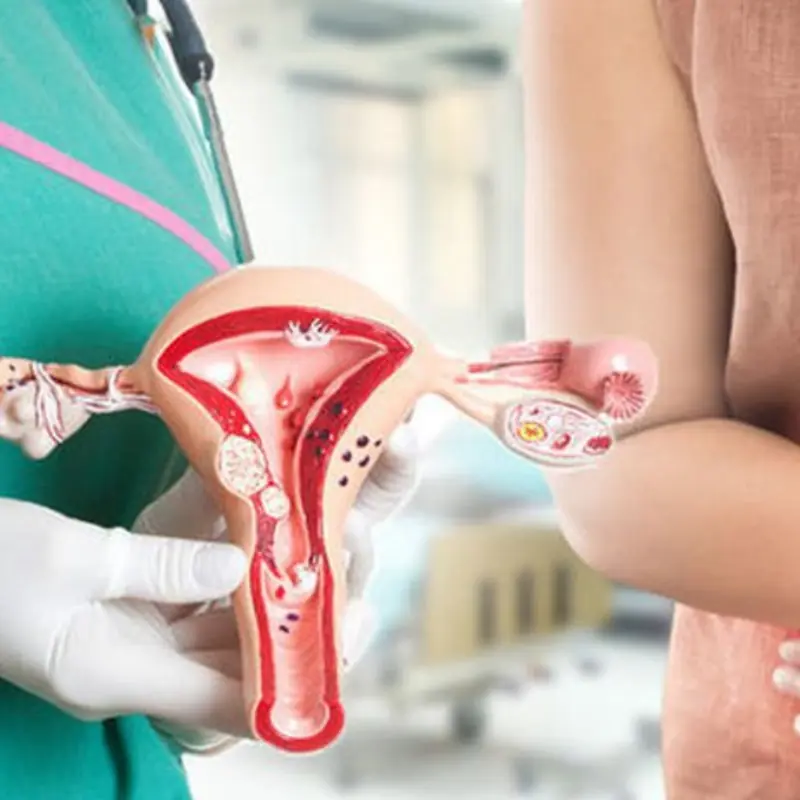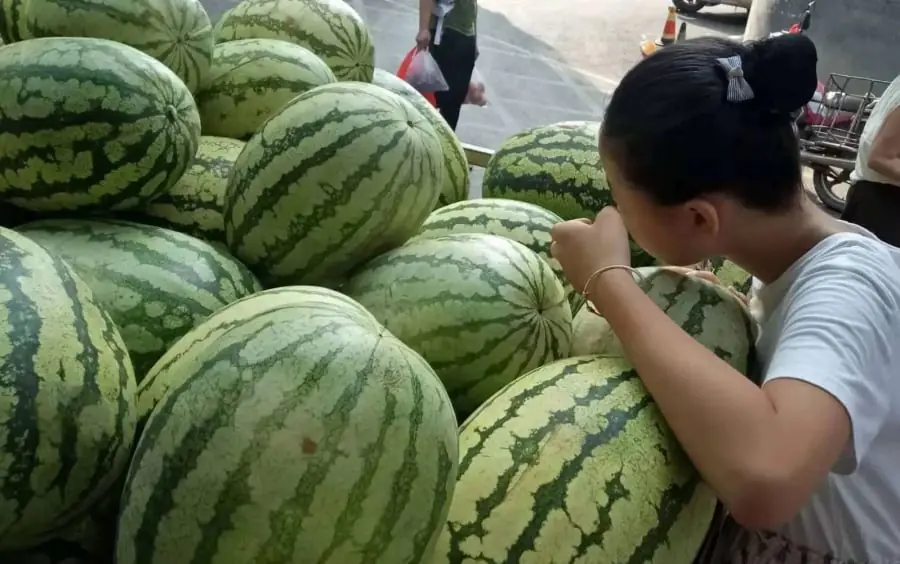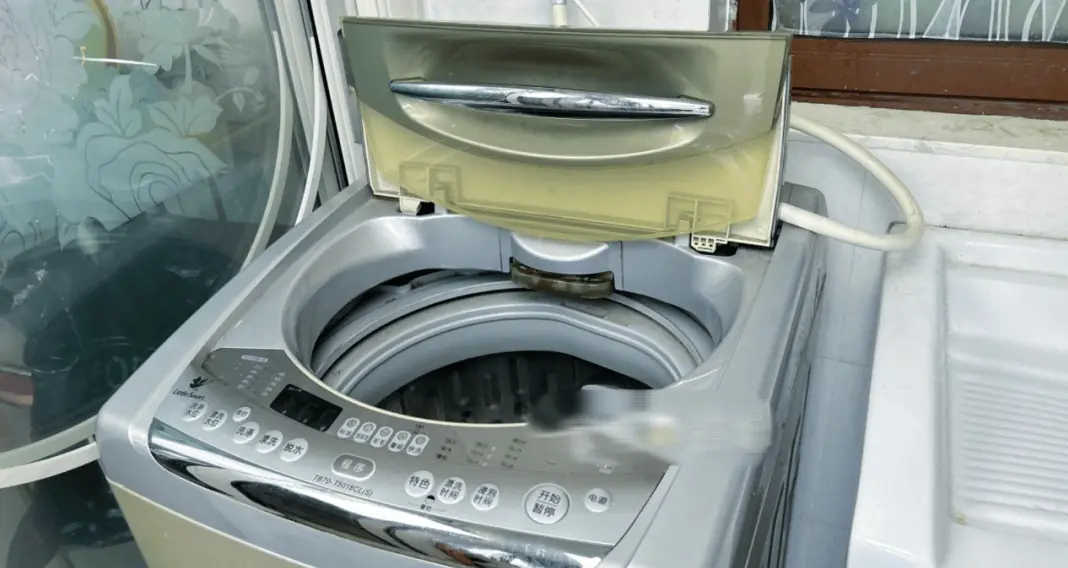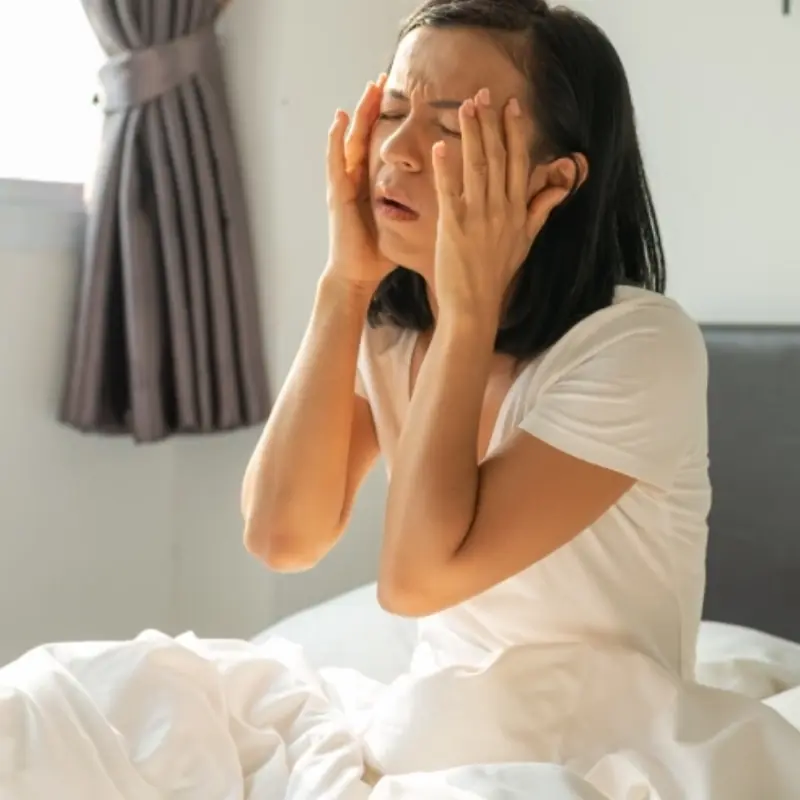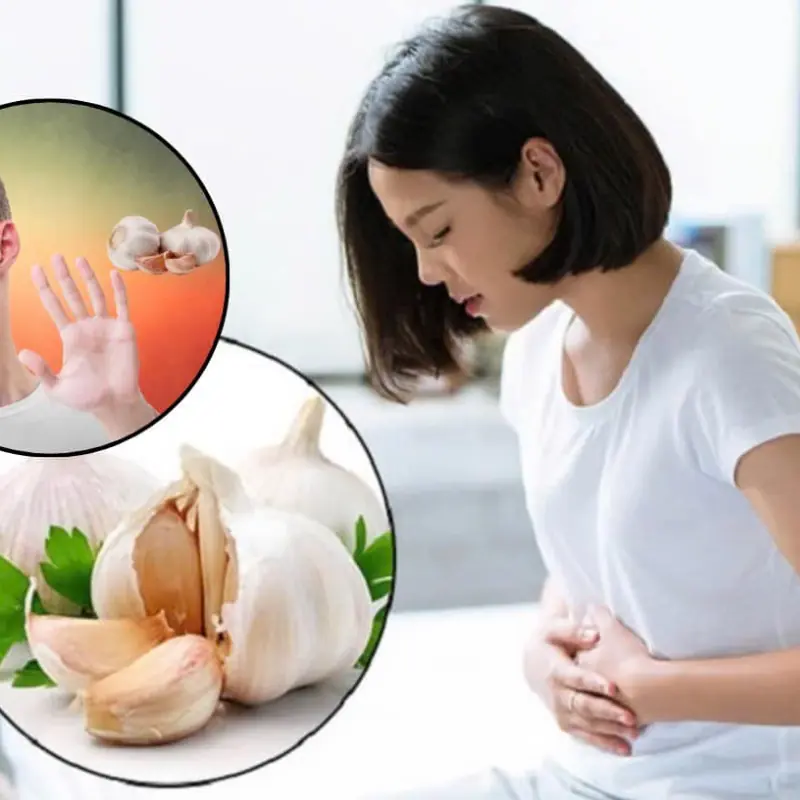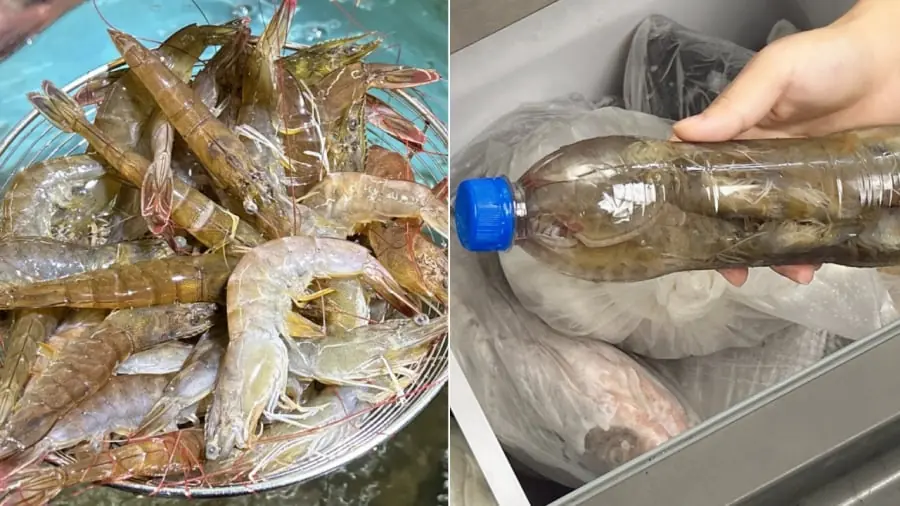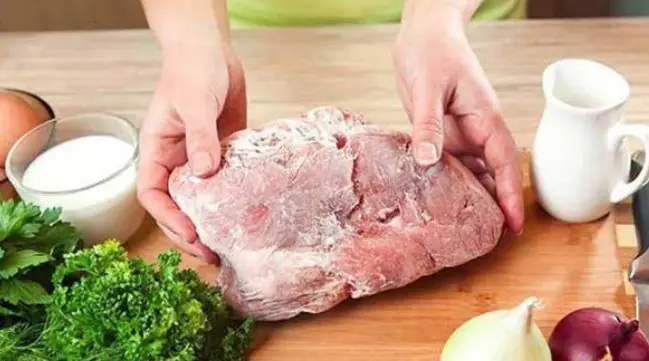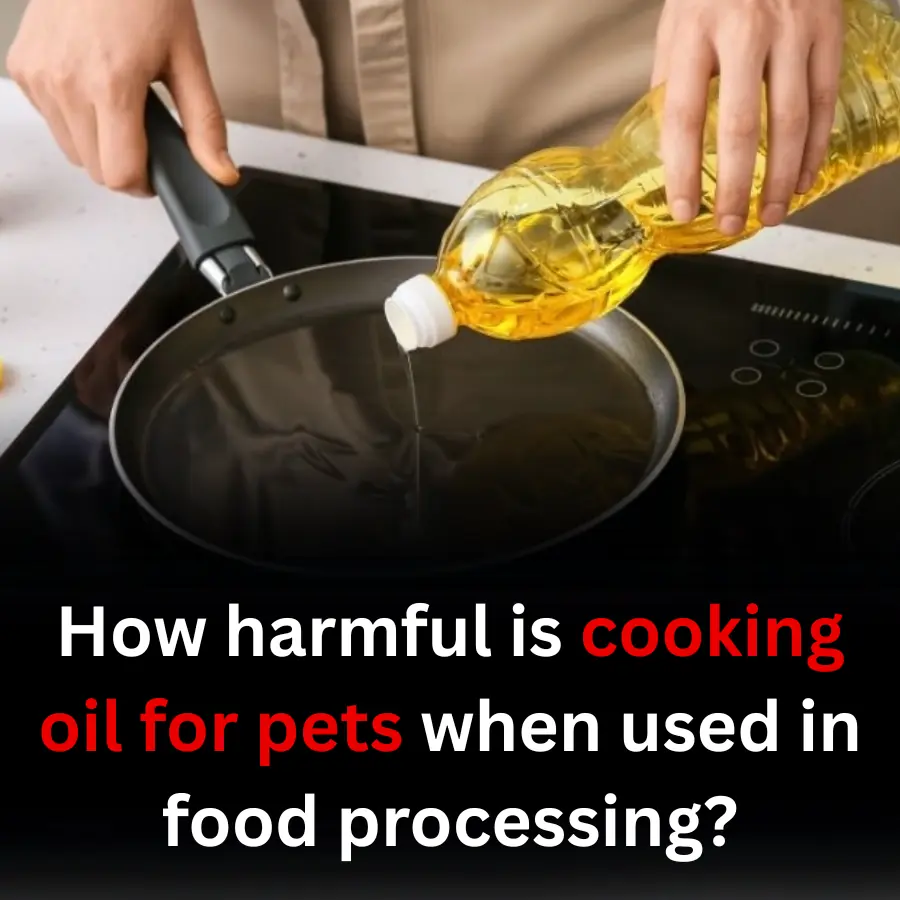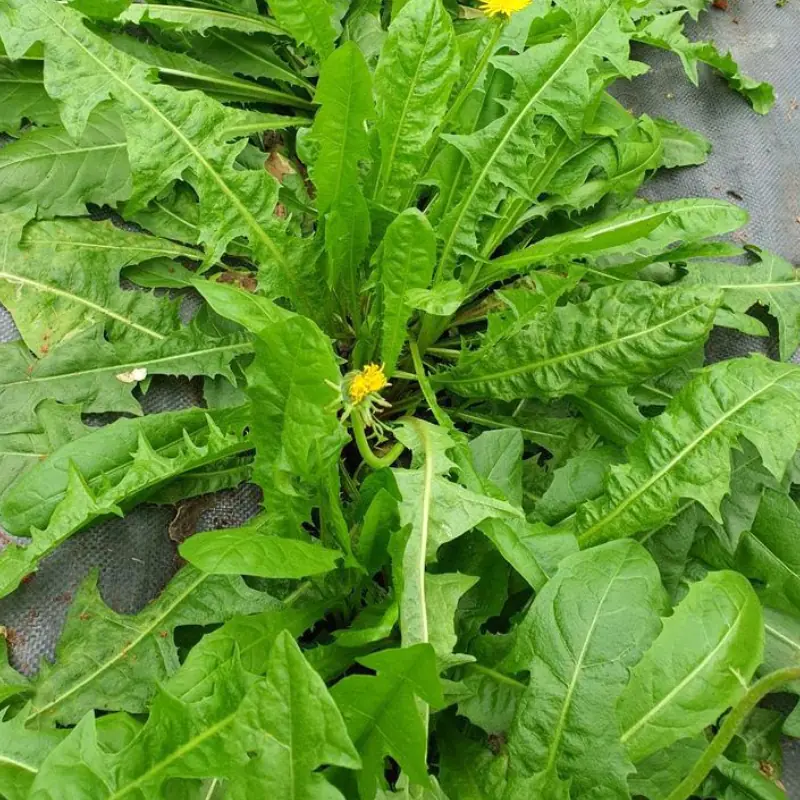A Family of Three Diagnosed with Can.cer—Doctor Shakes His Head: These 3 “Frugal” Habits Are Actually Selling Out Your Health
A doctor recently shared the case of an entire family developing gastrointestinal cancer one after another, and he believes it stemmed from common frugal habits found in many households.
Dr. Liao Jianding, a hematology and oncology specialist at Chang Gung Memorial Hospital in Linkou (Taiwan, China), released a video titled: “Is Cancer Caused by Being Too Frugal?! These ‘Money-Saving’ Habits Are Actually Bringing You Closer to Cancer!” What many think of as thriftiness, he warned, may actually be a fast track to serious illness.
In the video, Dr. Liao recounted a real case where all three members of one family were successively diagnosed with gastrointestinal cancer, especially stomach and colon cancer. The common thread? A long-standing habit of eating leftovers and old food.
“Frugality is a virtue,” Dr. Liao emphasized, “but if done the wrong way, it can become a serious threat to your health.”
He explained that although refrigerators can prolong food preservation, they cannot stop bacteria from growing completely. Leafy greens, in particular, can accumulate high levels of nitrites when stored overnight—substances known to be linked with an increased risk of cancer. His advice: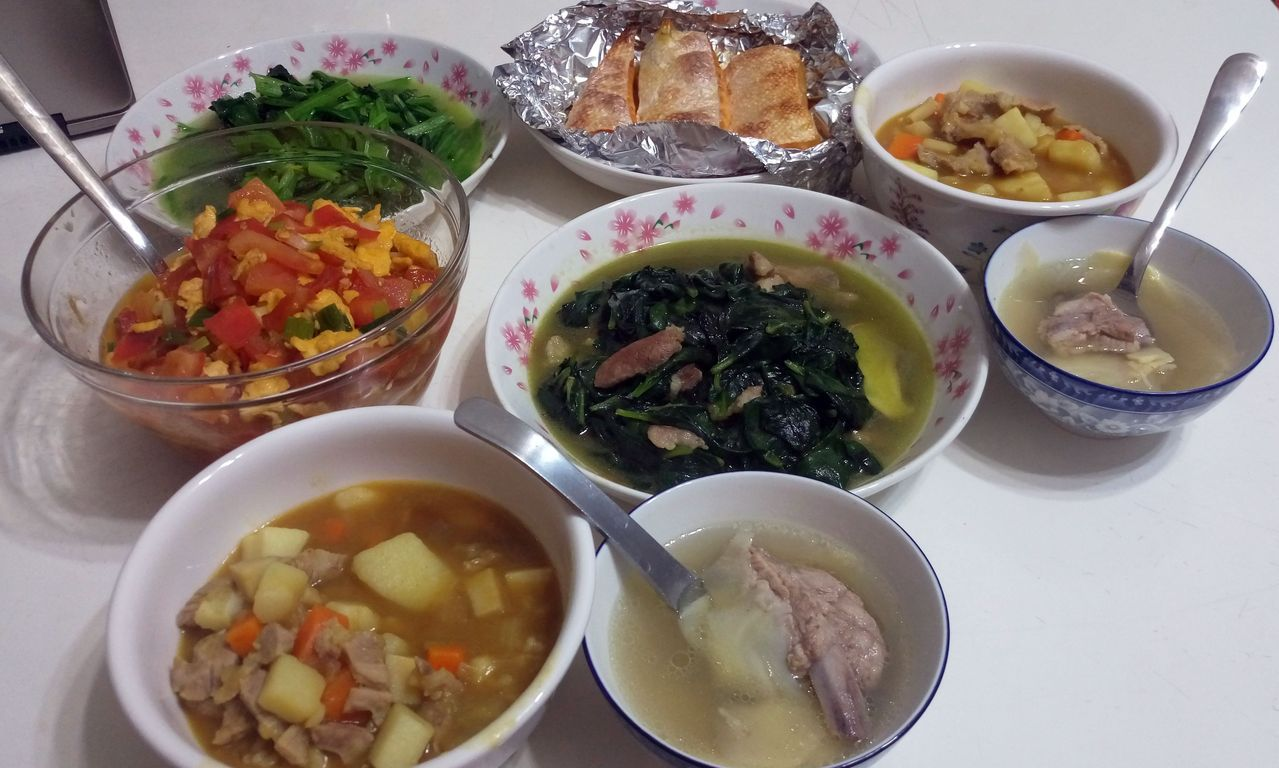
“Try to finish your meals fresh. Avoid keeping leftovers.”
Another common frugal practice he criticized was buying heavily discounted or overripe fruits and vegetables just to avoid waste, or keeping spoiled food in the fridge too long out of guilt or thrift. Moldy food can produce aflatoxins, one of the most dangerous cancer-causing substances.
“Some people think it’s fine to cut off the rotten part of a fruit, or to wash mold off dried goods and reuse them—but I must say, this is extremely dangerous and no joke,” he warned.
“Is it really worth risking your health just to save a few coins?”
Beyond food safety, Dr. Liao also pointed out a less obvious but equally harmful habit—misusing the kitchen range hood. Many people turn it off immediately after cooking to save electricity, but he emphasized that kitchen fumes contain numerous toxic substances. Prolonged inhalation of cooking smoke increases the risk of lung cancer.
“You should turn the range hood on before you start cooking,” he advised, “and let it run for at least 3–5 minutes after cooking to ensure harmful gases are fully vented.”
“Is saving a bit on the power bill worth putting your lungs at risk?”
In summary, while being frugal is generally a good practice, misplaced thrift can have serious consequences—even leading to life-threatening diseases like cancer. Dr. Liao’s message is clear:
“Don’t let misguided saving habits cost you your health.”
